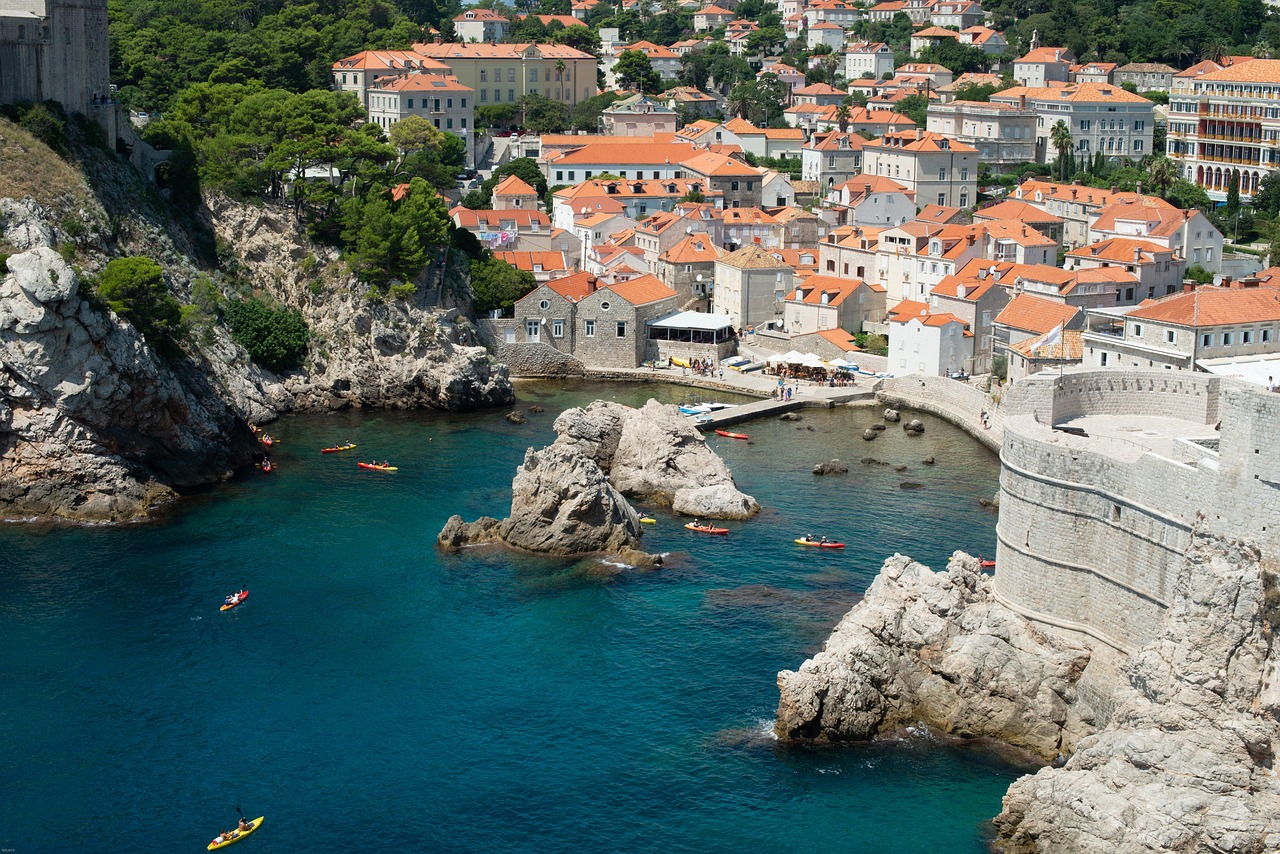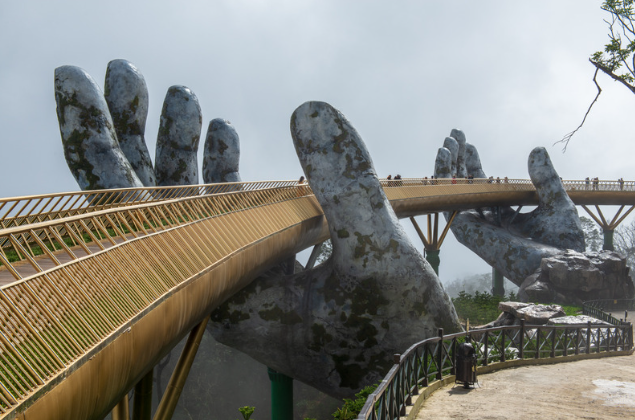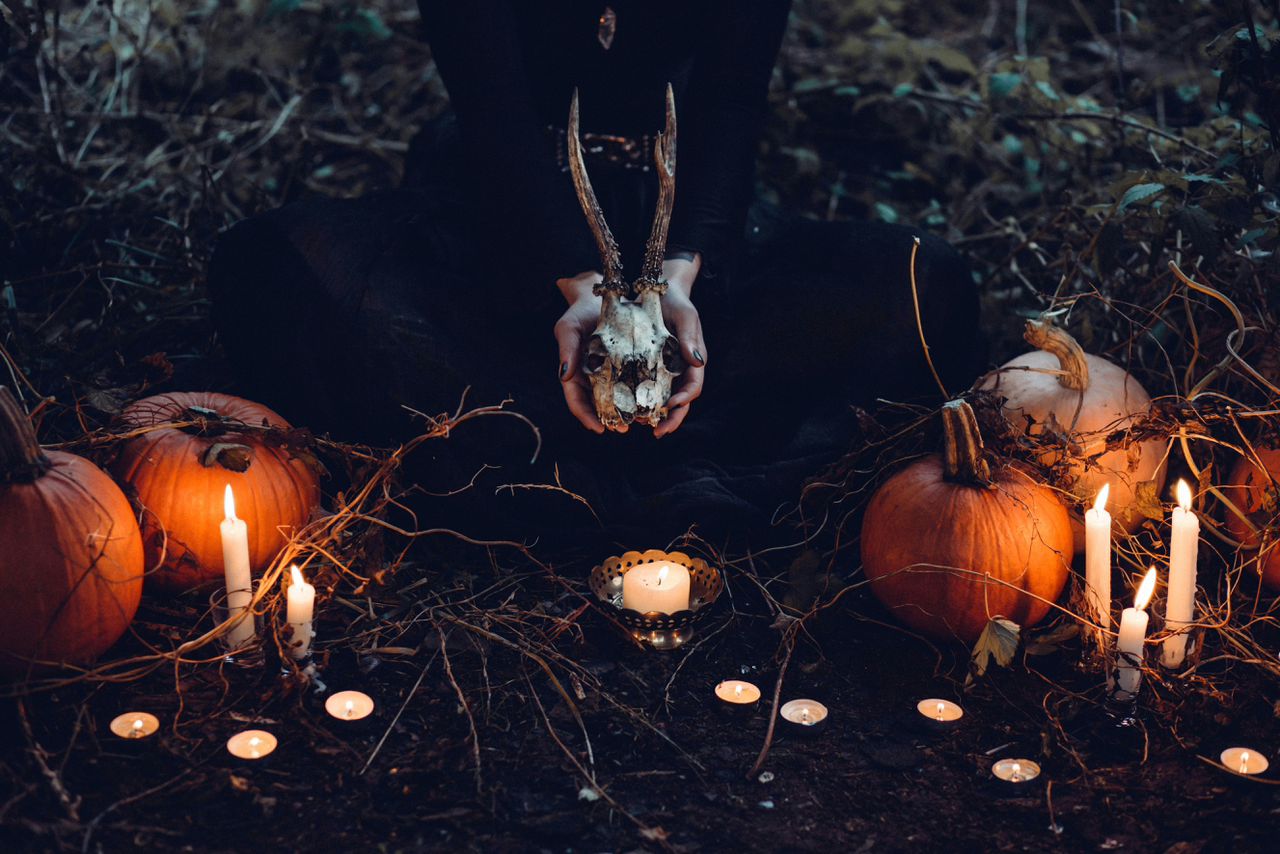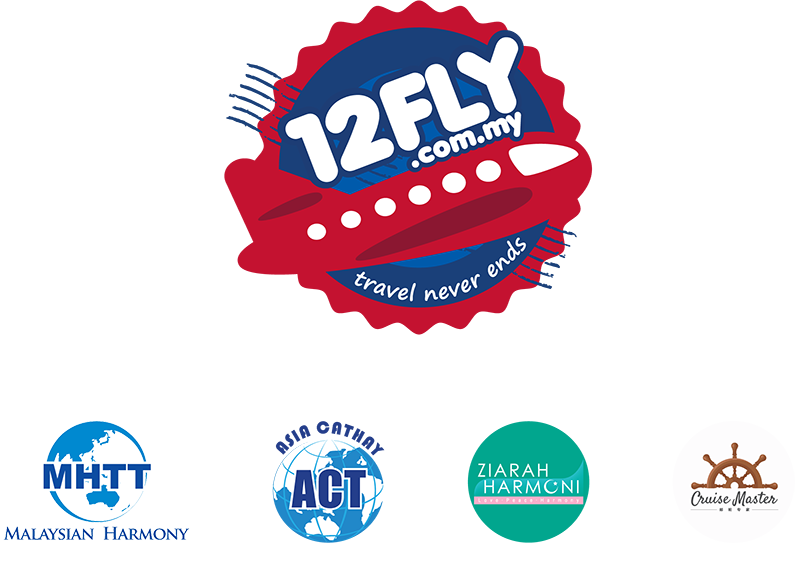SINGAPORE WILDLIFE PARKS WELCOME OVER 600 BABIES IN 2016

Jurong Bird Park, Night Safari, River Safari and Singapore Zoo have reported over 600 animal births and hatchings in 2016, and among them are highly threatened Southeast Asian animals. These include the Sunda pangolin, painted terrapin, proboscis monkey, Bali mynah and black-winged starling, all of which are on the brink of extinction.
Southeast Asian animal babies Nine painted terrapins, one of Southeast Asia’s most endangered freshwater turtle species, hatched in April in Singapore Zoo. The park also welcomed another proboscis monkey baby in April, an endangered primate native to the island of Borneo. Since 1999, Singapore Zoo has seen 30 proboscis monkey births and Singapore lays claim to the highest number of proboscis monkey births outside of their native Indonesia.
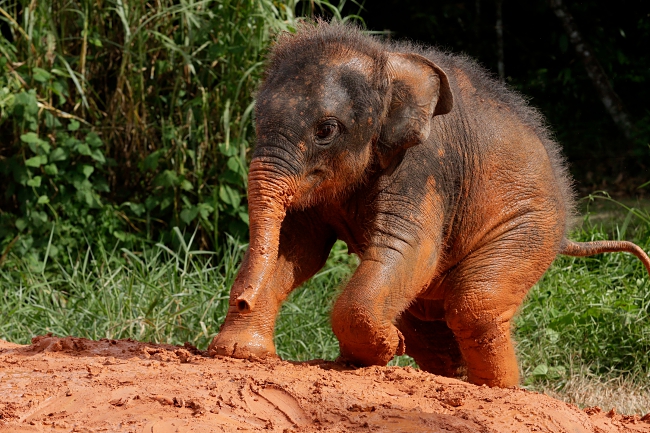
Southeast Asian animal births in Night Safari include Neha, the juvenile Asian elephant born on 12 May who charmed her way to fame with her playful antics. The park also welcomed a fifth successful birth of the critically endangered Sunda pangolin since 2011, on 7 October. This makes Night Safari one of the most successful wildlife parks in the world in caring for and breeding the world’s most trafficked mammal. Two Malayan tapirs born in October and December brought up the park’s impressive track record to 30 successful births to date.
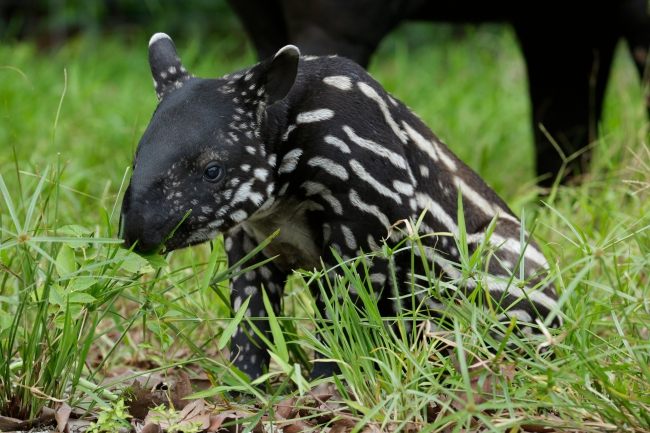
Threatened Southeast Asian species continue to thrive at Jurong Bird Park, with the hatchings of three black-winged starlings and four Bali mynahs, both species critically endangered due to their popularity in the illegal songbird trade. The park works closely with organisations like Begawan Foundation and Cikananga Conservation Breeding Centre in Indonesia who are striving to safeguard a population of these rare birds, and hope to eventually reintroduce them to their native habitats.

Ambassador babies Amidst recent reports that cheetahs are increasingly threatened with extinction with only 7,100 left in the wild, Singapore Zoo welcomed cheetah cub Deka. Born on 3 October, Deka was abandoned by her inexperienced first-time mother. Vets and keepers made the decision to save the cub by hand- raising her. Starting out weak and malnourished, Deka spent her first four days in the animal hospital. Vets and keepers worked tirelessly to provide round-the-clock care for the next two months until she was strong enough to be independent. Today, she is an active and healthy juvenile that enjoys sprinting about her play area.
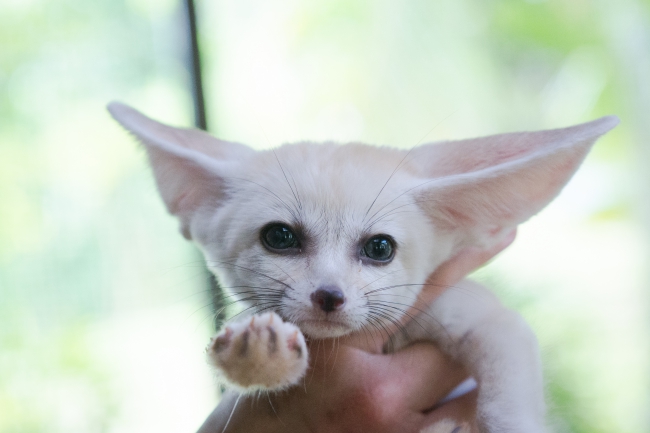
Night Safari’s first pair of fennec foxes successfully bore three kits in November. Kit trio Nia, Nailah and Zaire were also hand-raised after exhibiting minor injuries from mishandling by their mother. Parents Zuri and Izem, the first fennec foxes in the collection across the four wildlife parks, were brought in as confiscations by the Agri-Food and Veterinary Authority of Singapore. Singapore law prohibits the keeping of exotic animals such as fennec foxes. The illegal pet trade threatens the survival of wild species and amateur pet owners are often ill-equipped to manage the animals’ welfare. The fox family is set to make its debut in Night Safari’s Creatures of the Night show as animal ambassadors, to educate guests against keeping exotic pets illegally.
Over at River Safari, the manatee herd welcomed Joella, a calf born in April. The park’s giant otter family continues to grow with four new additions in March, bringing the total to eight. The park also saw the births of an emperor tamarin, a small primate species, and a trio of ocellate river stingrays, both native to the Amazon Basin.
More information can be found at www.wrs.com.sg

